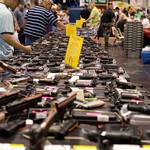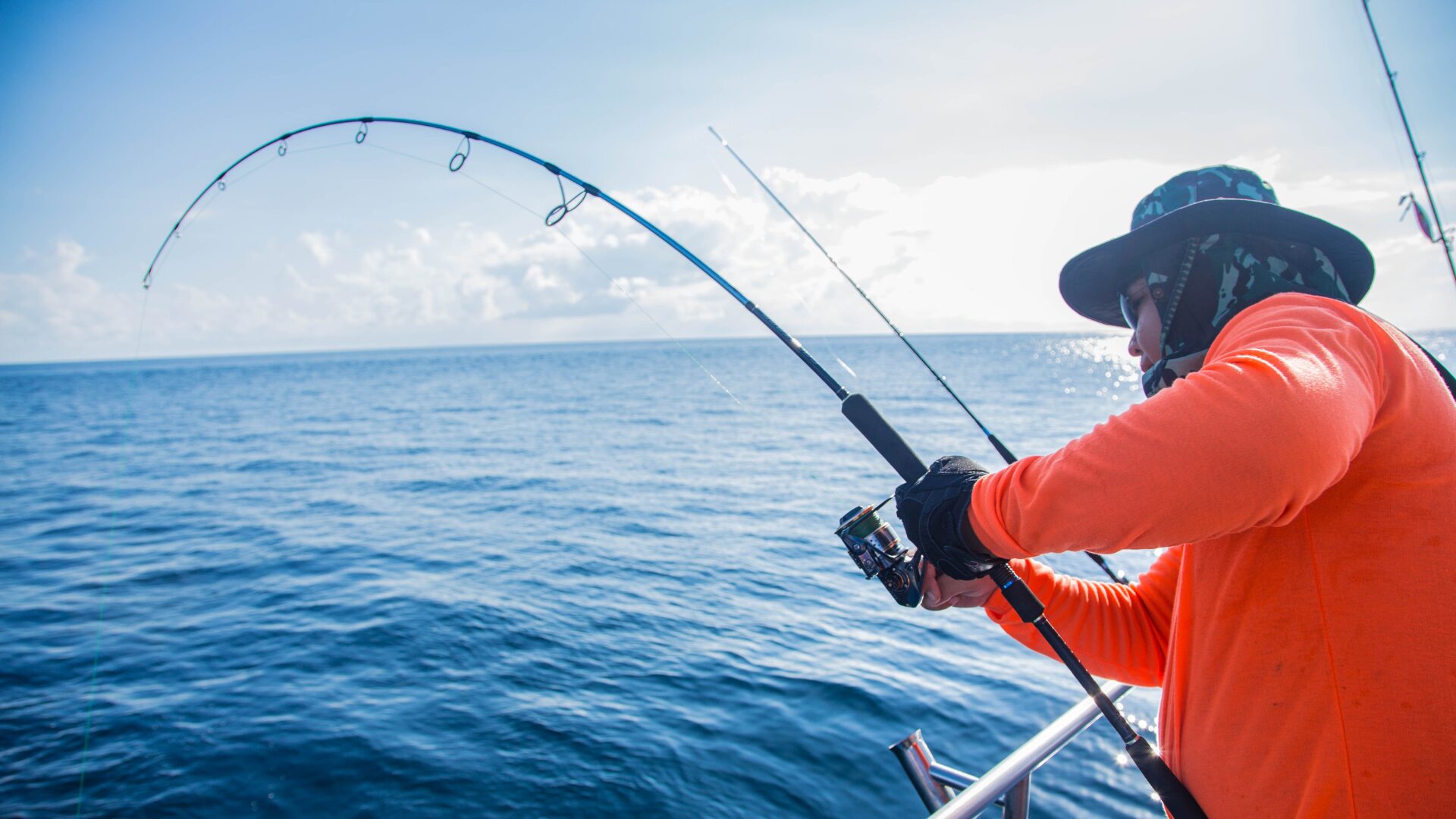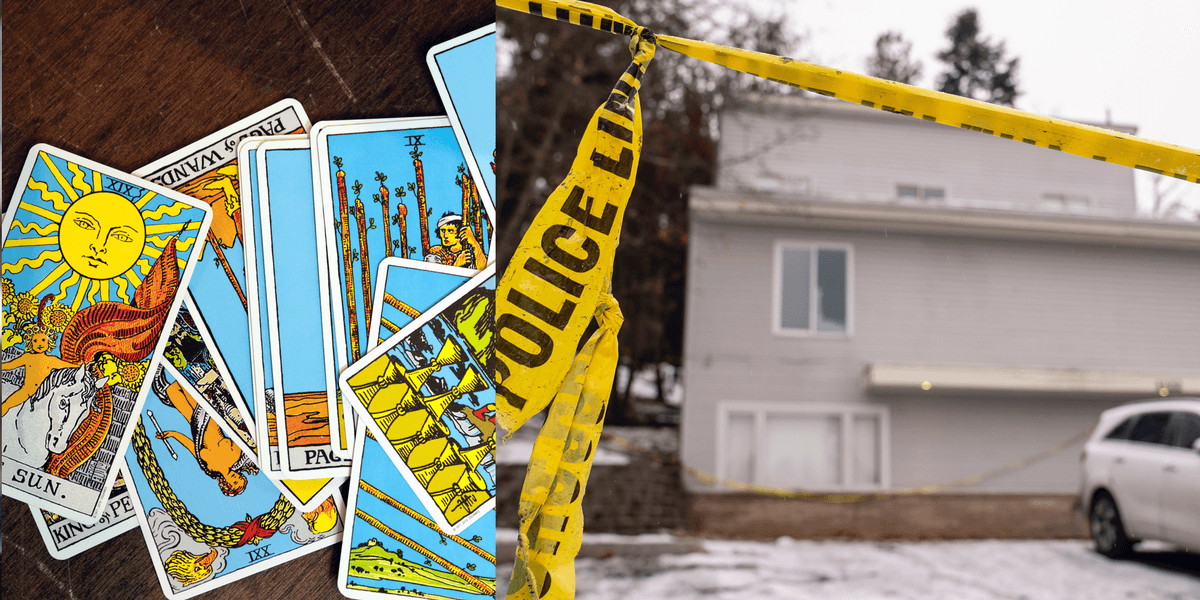On the surface, the Supreme Court’s recent decision allowing Immigration and Customers Enforcement agents to make “brief investigative stops to check the immigration status of those who gather in locations where people are hired for day jobs; who work or appear to work in jobs such as construction, landscaping, agriculture, or carwashes that often do not require paperwork and are therefore attractive to illegal immigrants; and who do not speak much if any English” has nothing to do with gun owners or our right to keep and bear arms.
At SCOTUSBlog, however, law professor Rory Little argues that the Court’s ruling not only contradicts a 50-year-old case called United States v. Brignoni-Ponce, where the Court declared that it was unconstitutional for “roving patrols” to stop vehicles near the U.S.-Mexico border whose “occupants appear to be of Mexican ancestry” in order to check on their legal status, but opens the door for similar broad sweeps for investigations that have nothing to do with immigration.
I hope a hypothetical will stimulate thinking beyond the immigration context, because I think Fourth Amendment theory cannot be limited to immigration detentions alone.
It has been suggested (but, no surprise, also disputed) that large gatherings of firearms manufacturers, sellers, and firearm enthusiasts – let’s call them “gun shows” – serve as opportunities to circumvent legal regulations governing the buying, selling, or transfer of firearms (let’s call that “illegal conduct”). We can only estimate the percentage of people attending gun shows who are engaged in illegal conduct – let’s guess at 10%. Eighty-two percent of gun owners are white Caucasian men (a lesser percentage of immigrants, about 45%, are Hispanic). May federal law enforcers sweep into gun shows and detain everyone present – or, to reasonably “narrow” the seizures, all white men present – for questioning, based solely on the location and the known possibility that some of those persons are engaged in illegal conduct? That is, does a fair probability of finding criminal violators among a large group equal “reasonable suspicion” to detain and question (briefly, but against their will) everyone in the crowd?
If such broad law enforcement sweeps do not bother you, then this column may. Kavanaugh’s solo explanation in Perdomo for permitting large immigration sweeps at certain locations seems based in part on such a “probabilistic” theory of reasonable suspicion. But the Fourth Amendment rules regarding “Terry stops” (explained below) have for decades been based on an individualized theory – that is, a liberty-protecting requirement that articulable facts must reasonably arouse a suspicion particular to specific individuals, before those individuals can be detained and questioned.
Obviously, I dispute the idea that 10% of people attending gun shows are engaged in illegal conduct. There’s a law enforcement presence at almost every gun show that takes place, and arrests for crimes of any nature are highly unusual. But would that stop someone like, say, President Alexandria Ocasio-Cortez from running with this idea and having the ATF detain gun show attendees while they investigate their purchases or possessions?
The Supreme Court’s decision to stay the district court order halting these immigration sweeps is only preliminary, and as the case moves forward we’ll hopefully get a more detailed rationale of why Kavanaugh and other justices believe these stops are allowable even under the precedent set by U.S. v. Brignoni-Ponce, and why that rationale wouldn’t justify the kind of detentions that Little raises as a hypothetical.
Editor’s Note: Do you enjoy Bearing Arms’ pro-2A reporting that takes on the gun control lobby and their allies? Support our work so that we can continue to bring you the truth.
Join Bearing Arms VIP and use the promo code FIGHT to get 60% off your VIP membership!
Read the full article here






![Newsom’s Press Office Appears to Threaten Kristi Noem, Gets Referred to the Secret Service [WATCH] Newsom’s Press Office Appears to Threaten Kristi Noem, Gets Referred to the Secret Service [WATCH]](https://www.lifezette.com/wp-content/uploads/2025/09/2025.09.04-11.25-lifezette-68b977449518f.jpg)




![Sydney Sweeney Heats Things Up In Thong, Tights For Syrn’s New “Comfy” Collection [WATCH] Sydney Sweeney Heats Things Up In Thong, Tights For Syrn’s New “Comfy” Collection [WATCH]](https://www.boredtrashpanda.com/wp-content/uploads/2025/07/2025.07.31-01.39-boredtrashpanda-688b721572a3b.jpg)
